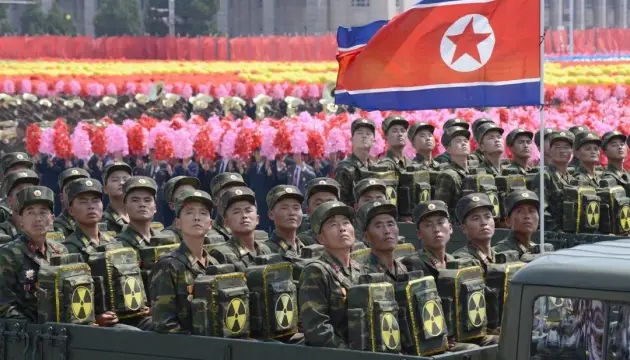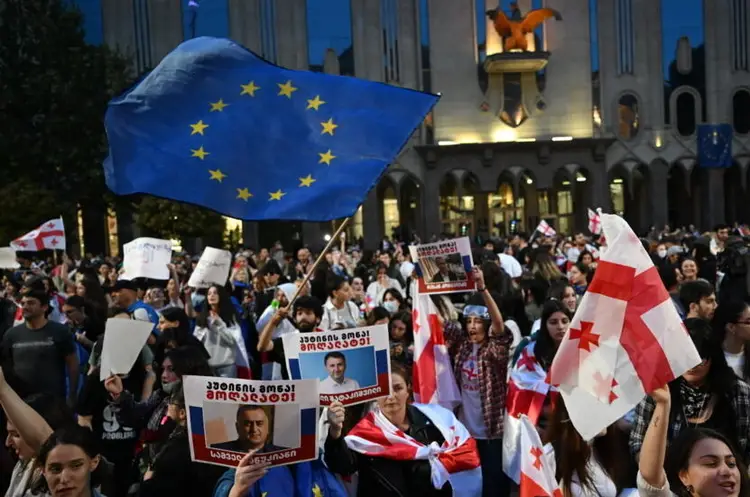Labour defeats the Conservatives in local elections. Will these elections be the beginning of the end of Rishi Sunak's premiership?
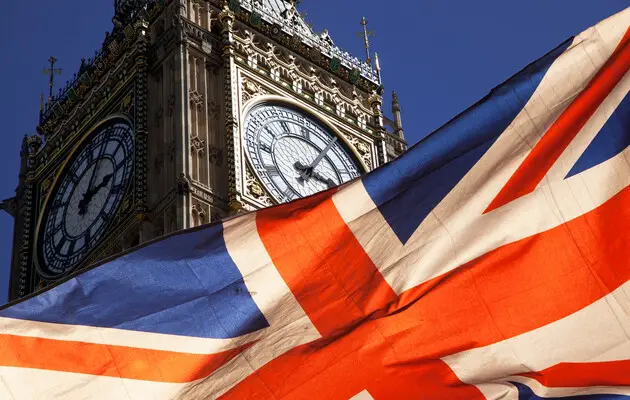
Labour Party wins a seat in parliament and control of several city halls
The British opposition Labour Party has won a seat in parliament and control of several city halls, inflicting serious losses on the governing Conservatives. This victory at the local level sets the tone for the upcoming national elections, which could see a restoration of Labour power under the leadership of Keir Starmer, ending 14 years of Conservative government dominance.
Millions of voters took part in the election, casting their ballots for more than 2,000 local government seats across England, including the election of 10 mayors, including in London and Manchester. Labor won a parliamentary seat in the Blackpool, South Lancashire constituency after Conservative MP Scott Benton stood down after being caught up in a lobbying scandal. The Labour Party's Chris Webb won with 10,825 votes, significantly more than the 3,218 votes garnered by his Conservative rival.
Prime Minister Rishi Sunak and his Conservatives are trailing the Labour Party by about 20 percentage points in national confidence polls. Sunak plans to hold national elections in the second half of this year, but his intentions could be delayed by a poor showing in local elections.
The Conservatives could face their worst local election results in 40 years.
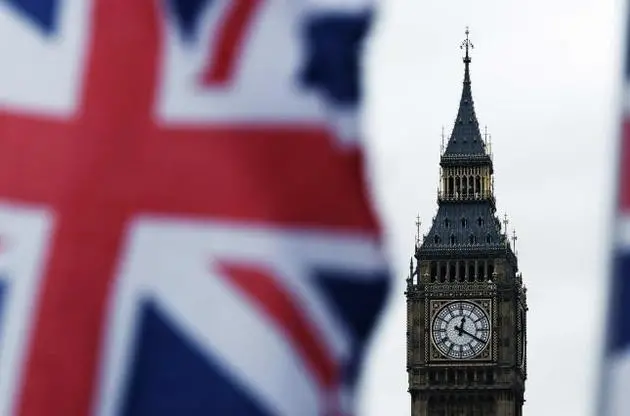
Conservatives vs. Labour
The Conservatives, once a protectionist party, have since moved towards liberal economic policies, favoring free markets. The party has diverse views on the European Union (EU), with internal Eurosceptic tendencies. On defense policy, they support a strong military capability, including an independent nuclear weapon and a commitment to NATO membership.
Since the 1920s, the Conservatives' main rival has been the Labour Party, and their political competition has shaped the main directions of British politics over the past century. The Labour Party is located in the center-left aspect of politics, having emerged from the trade union movement and socialist parties of the 19th century.
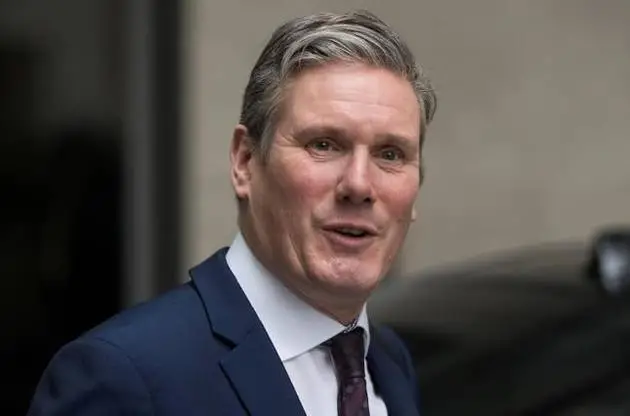
What is Labour's international policy
The leader of the British Labour Party, Keir Starmer, expressed the need for unity in trade, commerce and technology between Britain and other countries of the world and emphasized the need to "wean ourselves off China". He also suggested that Britain should re-establish ties with the European Union. Starmer also emphasized that the UK government should clearly understand the security aspects and challenges posed by Beijing, such as espionage, interference and human rights violations.
He emphasized the need for cooperation in solving global problems, but acknowledged that complete separation from China in all aspects is impossible, in particular in the field of climate change.
Starmer also expressed concern about the possible victory of Donald Trump in the upcoming US elections and called on leaders of progressive countries to stick together in difficult circumstances. He also emphasized the need for a conciliatory approach to Russian President, vladimir putin.
On international relations, Starmer's team is in talks with the administration of US President Joe Biden, but Starmer himself has not been invited to meet with Biden. He also expressed hope that Trump will not win the upcoming US election.
A priority for Starmer, if he becomes British Prime Minister, will be to restore the country's reputation on the world stage. This is a consequence of the change in the course of the Labour Party, aimed at building a bridge between the United States and the European Union.



